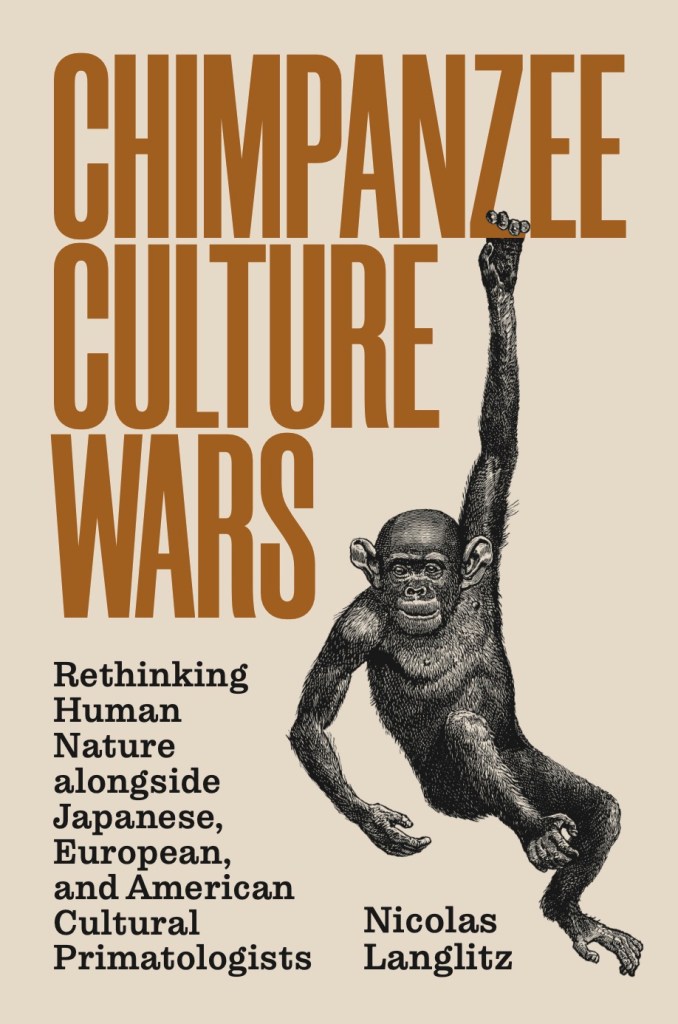by NICOLAS LANGLITZ


Observing chimpanzee cultures in the wild, Bossou, Guinea
PHOTO/Nicolas Langlitz
As the culture wars became more heated in the 1980s, significant parts of American cultural anthropology broke ties with evolutionary anthropology. Supposedly, the evolutionists’ Panglossian perspective regarded human life as perfectly adapted and thereby naturalized the status quo of a racist, sexist, and capitalist social order. Moreover, cultural anthropologists came to suspect that their own epistemic object, culture, had also stabilized this order by suggesting stark differences in values and beliefs between bounded and homogeneous groups and by “othering” people who were not like the anthropologists’ own group. At about the same time, Western primatologists came to adopt the culture concept from their Japanese colleagues. As they began to explore a multiculturalism beyond the human, they looked for interlocutors in cultural anthropology. But their colleagues had moved on. Nicolas Langlitz’s Chimpanzee Culture Wars recounts the history of this missed encounter. On the basis of ethnographic fieldwork among European, American, and Japanese cultural primatologists, the book asks what difference the present moment makes to the possibility of making up for a conversation that never really happened. It is an attempt to recenter anthropology on the hominoid condition today.
Sitting on a narrow strip of savanna, which the Gabonese maintained between the coastal forest swamps to our left and the deep somber rainforest to our right, I thought of Andrew Battell. During the two and a half years he had lived in Loango, the seventeenth-century British merchant had maintained a healthy respect, even wariness, of these woods so “covered with baboons, monkeys, apes, and parrots, that it will fear any man to travel in them alone.” But philosophers should undertake the arduous journey to the secluded kingdom, Jean-Jacques Rousseau suggested from a comfortable fauteuil in Paris one and a half centuries later. He had read about this wondrous place in Africa in a book from 1617, The Strange Adventures of Andrew Battell.
Two kinds of monsters lived in the forest surrounding the small port where the Englishman stayed. The people of Loango called them Pongoes and Engecoes. While Battell, unfortunately, forgot to describe the Engecoes, he claimed that the Pongoes’ hairless faces and the proportions of their furry bodies resembled those of human beings. They built shelters against the rain and buried their dead under heaps of branches. In the morning, they sat around the dying campfires next to which the locals had slept during a night in the forest. The Pongoes did not know how to sustain these fires, nor could they speak. Yet this description of them reminded Rousseau so much of humans that he wondered whether Battell had not stumbled upon “genuine Savage men … in the primitive state of Nature” who—unlike Europeans—had not yet developed their virtual faculties toward sorrowful perfection.
Public Seminar for more